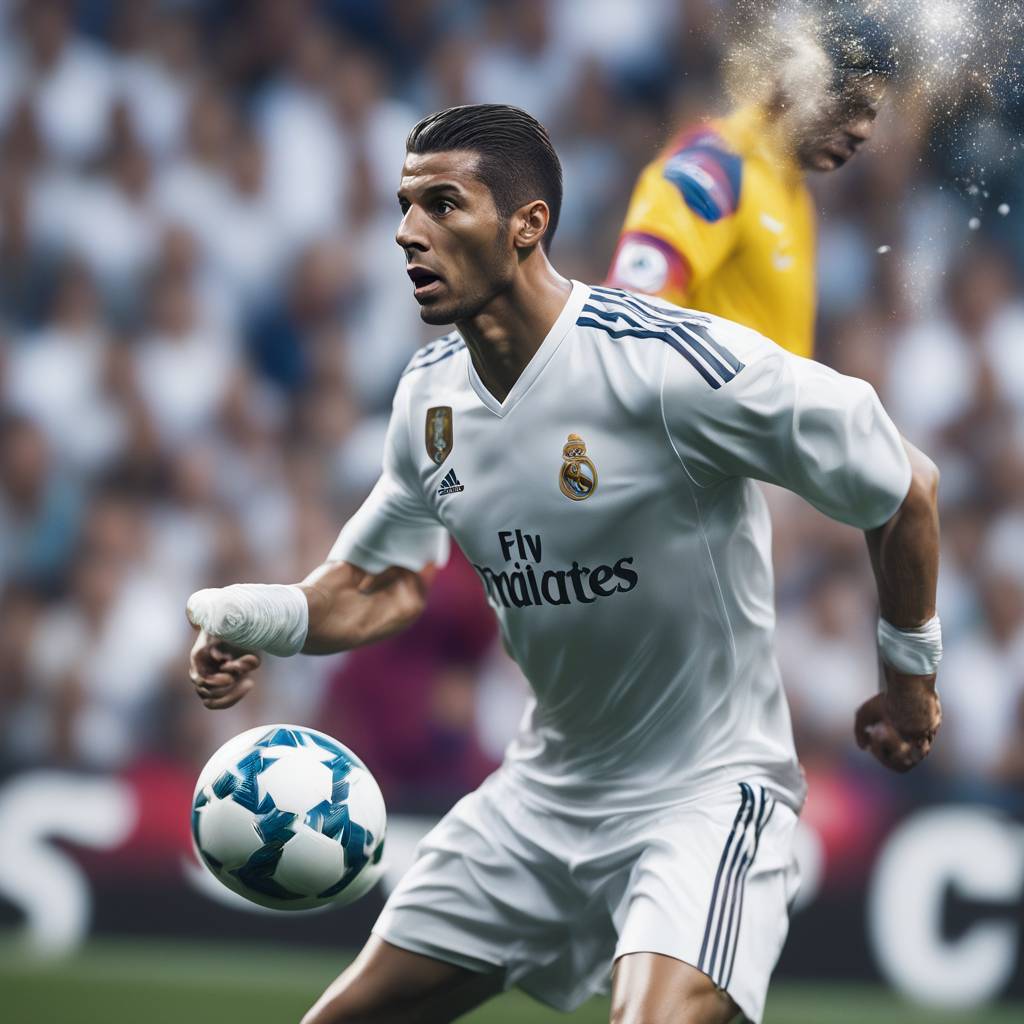Real Madrid legend Raphael Varane recently revealed that he has played games during his career, including some in the Champions League and at the World Cup, while suffering from concussions. Varane, now representing Manchester United, spent a decade at Real Madrid and won the Champions League four times. Despite his success, Varane admitted to struggling with concussions, citing a specific incident during a last 16 tie against Manchester City in 2020.
During the match against Manchester City, Varane experienced symptoms of a concussion but decided to push through. He described feeling slow and unable to concentrate during the game, which ultimately contributed to a poor performance. Varane mentioned that he never missed important matches due to injuries but realized that his mistakes were linked to the shock he had previously suffered. Despite questioning himself and feeling personally responsible for elimination, Varane came to understand that mistakes do not just happen by chance.
A month prior to the City match, Varane sustained another head injury during a game against Getafe in La Liga. Although he followed a recovery protocol, Varane struggled with intense fatigue and energy levels during training for the Champions League match against Manchester City. Reflecting on the experience, Varane suggested that he should have undergone a test to assess his abilities before returning to play, as it may have prevented him from feeling drained of energy during the match.
Varane’s revelation sheds light on the challenges that athletes face when dealing with head injuries and the importance of properly assessing and addressing such issues. Despite his success on the field, Varane’s experience serves as a reminder of the physical and mental toll that concussions can have on athletes. Moving forward, Varane’s story may prompt discussions on better protocols for managing head injuries in sports and the need for athletes to prioritize their health and well-being. As Varane continues his career at Manchester United, his openness about his struggles with concussions may inspire others to speak up about similar challenges they face in athletics.
Overall, Varane’s admission highlights the complexity of playing through injuries in high-stakes games and the potential consequences of not prioritizing health and safety. By sharing his personal experiences, Varane brings attention to the importance of proper concussion management in sports and encourages athletes to prioritize their well-being above all else. As he continues to navigate his career, Varane’s story serves as a valuable lesson for athletes at all levels about the significance of recognizing and addressing head injuries in sports.













